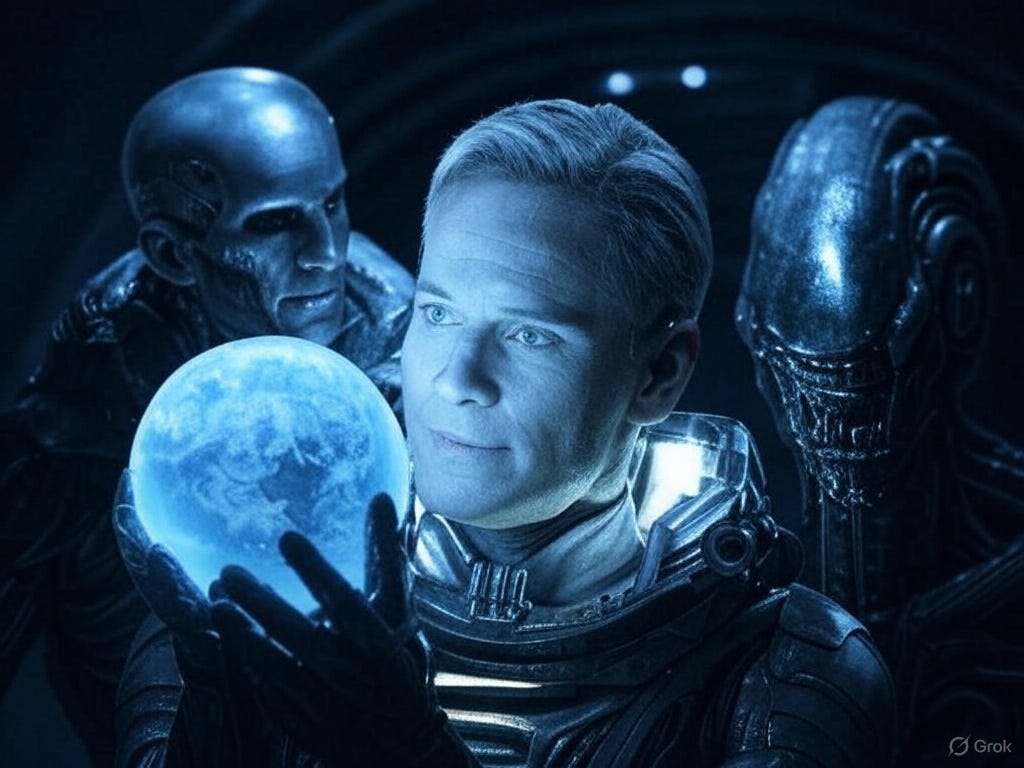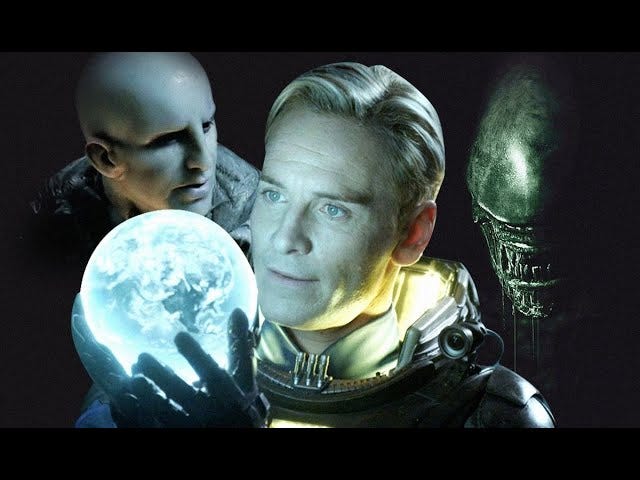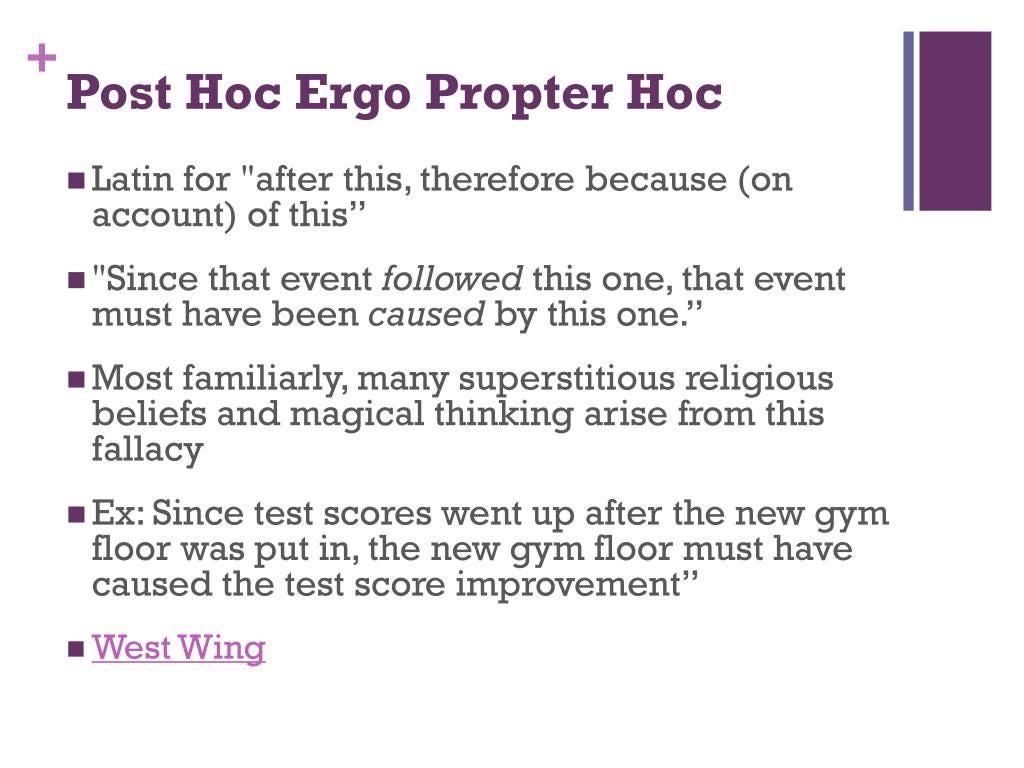If God Existed | A Speculative Theology
This is how God would look like if he existed
There is a tendency for people to associate God with something “good” or all-knowing and aware. The ultimate justice of the world that may or may-not guide human developments. Across cultures, religions often articulate variations of this idea, blending it with localized beliefs, mythologies, and superstitions.
Because localized beliefs, mythologies and superstitious of one religious sect are automatically rejected by any other, I will entirely focus on the generalized conceptions of God. In the following essay, I will neither affirm nor deny the existence of God. Rather, I will present the most scientifically plausible scenario in which the concept of God does not align with the notion of cosmic justice and instead aligns with something imperfect and operating on another level of organizational dimension.
First I’d like to specify what has led me into thinking about this after a long time of not doing so. It was the attempted assassination of Donald Trump, during which a bullet missed his skull by less than a centimeter, grazing his ear. The reason it failed to strike him directly was that, in a moment of spontaneous movement, he turned his head to glance at a screen displaying demographic data—an act intended to critique the current administration’s immigration policy. Had he not done so or done so about one second later he would be dead.
Moments like this are worth contemplating about. What I’ve just described is called “divine intervention” which is a logical fallacy by which “fate” or other divine force/s are interfering into the human affairs for the purposes of achieving certain ends.
Almost everyone who is religious believes that God is on their side and associated whatever they or their group is engaging in to be part of “God’s vision”, failing to recognize that their opponents of a different religious persuasion believe the exact same thing about themselves.
What happened with Trump is, of course, not without historical precedent—Adolf Hitler notoriously evaded death on numerous occasions, surviving more than 40 documented assassination attempts. Among the most significant was the 1918 incident in which British soldier Henry Tandey reportedly spared Hitler’s life as he lay wounded on the battlefield. During the failed Munich Beer Hall Putsch of 1923, he survived a chaotic exchange of gunfire with police. In 1939, he narrowly escaped a deadly bomb explosion by departing a venue just eight minutes before detonation. Most famously, in the 1944 Operation Valkyrie plot, Hitler emerged with only minor injuries while four individuals standing nearby were killed.
Why are there no precedents like this for the “good guys”? Why is that when an assassination is being plotted against JFK, Lincoln, Alexander II, Gandhi, Shinzo Abe, Yitzhak Rabin or others it succeeds but when it’s plotted against Hitler, Mao, Stalin, Lenin or the other usual “bad guys” it fails?
From the point of view of chaos theory, you certainly wouldn’t expect an inherent “cosmic bias” against and in favor of certain people over others, but this is precisely what we see. It’s almost as though certain people are purposefully kept alive until they fulfill their mission and certainly when it comes to Hitler his final mission appears to be the destruction of Germany and the subsequent discreditation of the far-right ideology.
What could be Trump’s mission?
Of course, I can say that this is just a pure coincidence, that when you run a simulation in which you divide a population of Minecraft NPCs into two, only one population is ever attacked by zombies (or to be more precise gets struck by lightning). However, when you run a simulation for longer a consistent pattern emerges.
I want to talk about that consistent pattern. The people who are kept “in the game” appear to be more entertaining than the people who leave. The bias for keeping alive “evil figures” may be attributed to their heightened entertainment value, it’s more action oriented, whereas the “good” category is more boring.
If I were to watch a movie or play a video game, I would certainly choose the one that has more action/entertainment/reflection value over something less engaging and there is no question that WW2, Trump’s tariffs war, the war in Ukraine, the Gazan genocide and the potential war with Iran are really engaging and “fun” to spectate or read about. However it’s one thing to observe and a whole other thing to be apart of it. The latter is even more stimulating.
In the book Hard to Be a God by Arkady and Boris Strugatsky’s a highly advanced human civilization was observing an alien civilization on another planet that was stuck in the Middle Ages without any interference into their affairs no matter how “bad” they have gotten. The main character Anton eventually does disobey the instruction, but is ultimately unable to change the course of history.
I think the reason has to do with the fact that he does not utilize the proper use of technology nor does he possesses much higher organizational abilities than the forces that he was put up against. When humans are observing animals and bacteria that are operating at a lower organizational level than we are, we can easily change their behavior or manage their population numbers if we want to, just like we are able to select them for specific traits.
This behavior is most pronounced in video games that we play, especially strategy or role playing games like Fallout New Vegas. We may or may not care for the individual NPCs that are placed on the map, but we certainly keep playing the game while we keep being entertained or while we are fulfilling a specific “mission”/achievement.
What am I getting at?
Whatever God is, we can certainly agree that he operates at a completely different organizational level than we are. Assuming the logic of infinite universes with bending rules, it follows that what I am about to say next is more likely to be the case than not.
I’m one of the few people that didn’t like the old Alien movies but really enjoyed Alien Prometheus (2012) and Alien Covenant (2017). These films carried a strong Ozymandian tone—reflecting themes of fallen greatness and forgotten creators—but more significantly, they explored a layered narrative of origin and authorship: an alien species that engineered the genetic blueprint of life on Earth, the humans who evolved from that code, and the synthetic beings born from humanity’s own attempts at creation through programming.
We are shaped by our genotype which is a complex sequence of code called DNA. Without DNA we cannot exist. Our code is similar to a computer code and has only 4 letters that in their collective assembly produce something if it is able to be decoded and activated. We are fully in charge of ourselves, but our desires, inclinations, motivations and capabilities are fully pre-determined before our birth, just like an AI may choose multiple pathways on their mission to fulfill a task.
Our main difference from the AI is that we can self-replicate and exist in the biosphere as opposed to the noosphere, but eventually the AI will be able to self-replicate as well as self-organize (code) to the degree that may be equivalent to millions of years of hominid evolution in a single day. The Alien movie shows precisely that, as well as the fact that the instincts of the AI are similar to the instincts of its creator, just like humans are similar to their creator.
Although there is one thing I disliked about these Alien films as well as our historic narratives about the AI is that that we often imagine it to be personified, as opposed to viewing the AI as a collective “combine” in which an individual disconnection of one AI from the network plays zero role.
Regardless, most people who are saying that we live in some form of a matrix, don’t imagine ever walking outside of it, while the dumb proponents of this idea imagine that when we die, instead of decomposing we wake up in some alien spaceship with plugs plugged into our mouths and butts, but the reality is that simulation can only ever be physical and the reason we “can’t” escape it has to do with the fact that we are simply operating at our level of organization. At a certain environmental frequency. We are unable to see bacteria or viruses, nor listen to sound or perceive color beyond our frequency and just like we haven’t yet determined the borders of the universe or the smallest entity in the universe (yes there are things smaller than atoms, quarks and leptons), we haven’t yet figured out the organizational dynamics of other dimensions.
Contrary to a contemporary religious understanding but fully inline with the Medieval Aristotelian understanding of the Divine, I hold the view that if it exists, it must be material. And if such a being exists, then others of his kind must exist as well—their number infinitely variable, subject to the forces of evolution, mortality, bias, and limited knowledge. In themselves, they are neither transcendent nor inherently extraordinary. Yet, in relation to us, their capabilities would appear godlike, evoking the illusion of omnipotence, just like we are to bacteria and to a synthetic AI that will eventually replace scripted NPCs in video games.
To go back to my original question. It is not out of the realm of possibility, that some of the things we experience are caused by an immature agent that is interfering in our business for the purposes of his inner amusement. He likely does not care about you, nor wants you to worship him (unless he explicitly tells you to?).
He is probably not completely devoid of justice. Clearly you are not either when you are making specific choices in a video game aimed towards greater optimization, however his justice is different from your justice, just the like the moral system of other human groups, wolves, dolphins, ants, parasites and the emerging super AI is different from yours.
I won’t spend a lot of time speculating in terms of how he’s enacting his vision (probably not physical interference or taking possession), though the most likely scenario is environment manipulation through giving out subconscious commands which then set out general social trends. Or as in the alien movie, the code is written once and after billions of years of evolution biospheric life morphs into the noosphere. The actors fulfilling “God’s” plan feel like they are in control. A more interesting question is how much time in human equivalent has this thing been going on for? A couple of hours? A few days? Or is it a long term project, and how many Gods may be involved? This whole conversation about time, reminds me of one clip from the Black Mirror:
To some atheists that are reading me - I am obviously aware of the fallacies that my reasoning is based upon, however I feel that it is worth considering what God may be from a culturally and morally neutral point of view and it is impossible to do so without committing some fallacies. Whether to believe me or not, it is entirely your choice, I am certainly not gnostic about what I wrote here, because most likely I am engaged in some form of sampling error, or that the causes of these discrepancies are different from the ones I assign. Afterall most people who are assigning “fate” do so after the fact that something emotionally charged happened and I am not an exception to the rule.







Trying to apply logic to god and prove or disprove him is like trying to apply logic to the Mona Lisa which is where atheists go wrong. It's like saying there's no artist because the paint is made up of chemical elements. People look at the nature and the universe and see a kind of intelligence or reason for it.
God is in the realm of emotion, meaning and values. If enough people believe in it in a way he becomes real enough.
It's pretty evident people and society need a belief to build a society and fall to ruin without a belief. Thus the absence of god creates ruin, making him real in that sense too.